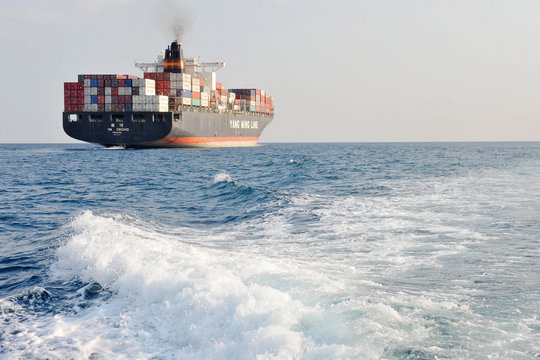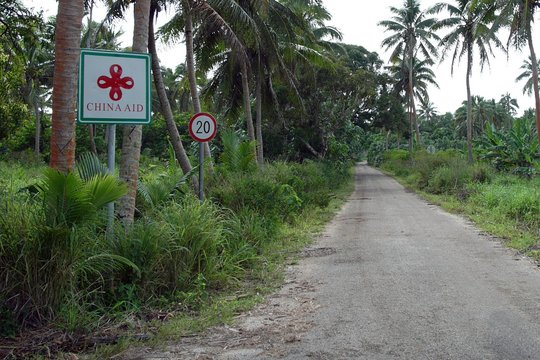In July, RCS Global met with the China Chamber of Commerce of Metals, Minerals & Chemicals Importers and Exporters (CCCMC) in Beijing to discuss efforts to ensure conflict free sourcing. CCCMC has over 6’200 members across the entire mineral supply chain, including the majority of Chinese smelters and refineries supplying international value chains.
Earlier this year, CCCMC published Guidelines for Social Responsibility in Outbound Mining Investments (the Guidelines). The Guidelines include a requirement for companies to conduct risk-based supply chain due diligence to avoid funding or fuelling conflict.
To operationalize the due diligence requirement CCCMC has developed the Chinese Due Diligence Guidelines for Responsible Mineral Supply Chains (the CM Guidelines). RCS Global has received an early copy of this draft and we have summarized the five key areas here:
- All Chinese companies in mineral supply chains are covered:
In principle the CM Guidelines apply to “all Chinese companies which are using or are engaged at any point in the supply chain of minerals and its related products”. However, CCCMC intends to focus implementation on smelters and upstream companies in the early phases of the project.
- The CM Guidelines are aligned with the OECD Due Diligence Guidance (OECD DDG) 5-step framework:
Companies are asked to check their supply chains for “warning signs” that would trigger the application of the OECD due diligence framework. Warning signs are harmonized with the OECD DDG red flags and, in addition, ask companies to check for “unusual circumstances” in the supply chain. Where warnings signs are discovered, the company should exercise due diligence in accordance with the 5-step framework.
- Voluntary assurance of “basic” or “extended” responsible sourcing practices
The CM Guidelines are voluntary and implementing companies can opt for assurance on “basic responsible sourcing practices” or “extended responsible sourcing practices”.
The basic model includes due diligence risks related to most areas covered in the OECD DDG Annex I Model Policy (torture, forced labor, worst forms of child labor, gross human rights abuse, war crimes, support to armed groups or public / private security forces, bribery or money-laundering).
The extensive model additionally covers risks related to the broader Guidelines on Social Responsibility, such as those related to legal, environmental or reporting practices as well as to the engagement with indigenous people.
- Pilot assurance audits are expected in 2016
CCCMC has finalized the first draft of the CM Guidelines and is now looking to develop supplementary documents to establish the assurance program. First pilot audits of smelters or refineries are not expected before Q1 or Q2 in 2016.
- Third party audits include heavy oversight structure
The CM Guidelines include basic information on the third party audit required as part of the assurance. CCCMC is engaging with existing smelter and refinery audit schemes in an effort to avoid duplication of audits, however the CCCMC’s assurance framework will require more details on the audit process to clarify the exact scope of such third party verifications.
Our thoughts
The CCCMC’s CM Guidelines present an opportunity for companies interested in responsibly mineral supply chains to get further engaged with their Chinese based suppliers. Given the voluntary nature of the Guidelines and their conflict minerals supplement, engagement of CCCMC member companies – both by the CCCMC and downstream buyers – will be crucial to ensure the Guidelines are operationalized.
When further developing the assurance program, it will be important to demonstrate added value for companies to participate in the program. In particular, CCCMC members must be able to see a benefit from participation such as a recognition of the assurance by leading smelter / refinery validation schemes or by foreign customers.
It is also important to ensure the assurance framework remains efficient both in terms of time and costs involved to obtain assurance. Heavy oversight structures may unnecessarily delay the process and add costs that will make assurance less attractive.
RCS Global will continue our conversation with CCCMC and we will provide input to the development of the assurance program based on our expertise in developing conflict minerals audit methodologies and tools as well as our experience conducting such audits along the entire mineral value chain.
If you would like to find out more about conflict minerals assurance in China, contact Michèle at michele(at)rcsglobal.com








